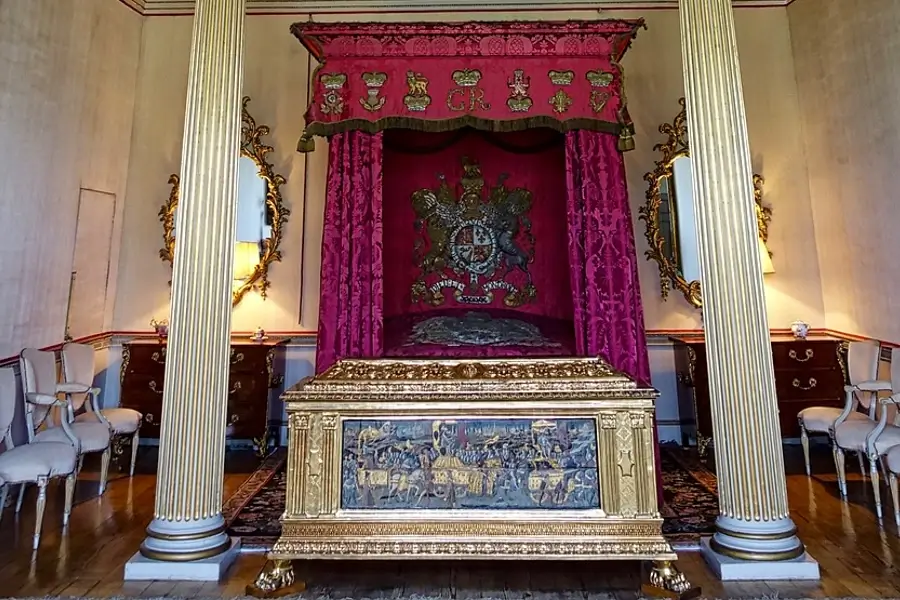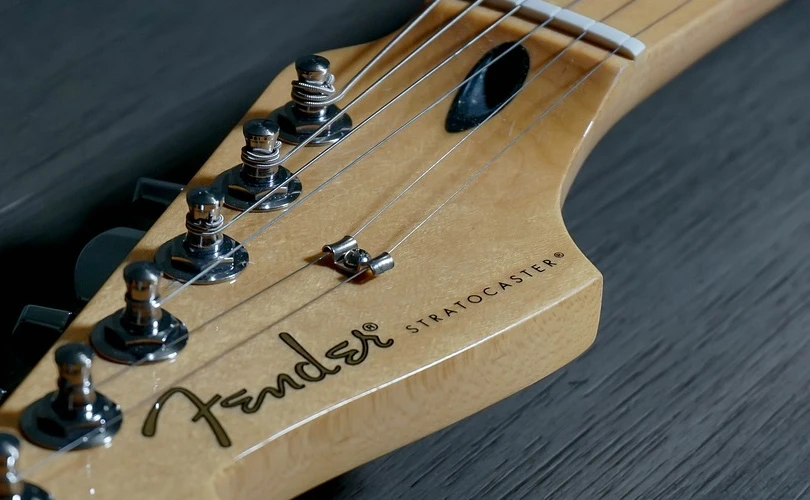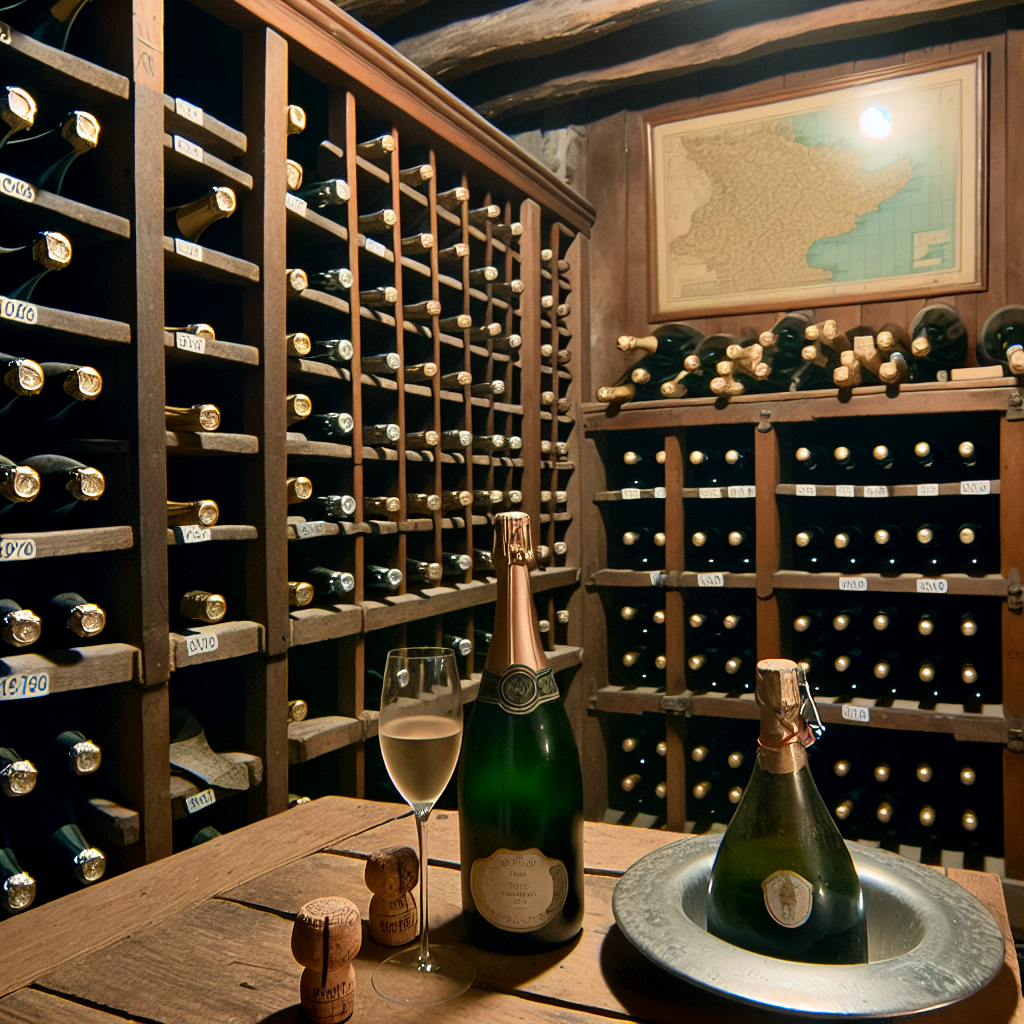Quiet luxury is a marketing term describing a trend among high-end firms emphasizing understated refinement and inconspicuous branding. In contrast to the more conventional approach taken by luxury brands, which frequently use eye-catching logos and prominent branding to flaunt their status, this trend is becoming increasingly popular.
There is a belief among quiet luxury firms that their products should be able to speak for themselves. They strongly emphasize using high-quality materials and skilled craftsmanship to create classic items that will endure a lifetime. In addition, they avoid overt branding, opting for logos that are not overt or none at all.
There are a lot of causes that are driving this trend, including the following:
- Consumers are showing an increasing desire for authenticity and genuineness in their purchases.
- There has been a shift from public consumption displays and a desire for more subtle styles.
- An increased awareness of the adverse effects that mass-produced fashion has on the environment.
Their primary goal is to make something other than mass-produced objects that will rapidly become out of style; instead, they concentrate on creating products built to last.
Quiet luxury brands are attracting a rising category of consumers looking for timeless pieces of excellent quality that will make them feel good without being ostentatious. These consumers are particularly interested in quiet luxury brands, which demonstrate that they can be luxurious without being flashy, confirming that assertion.
Listed below are some of the most essential qualities that distinguish silent luxury brands:
- Cashmere, silk, and leather are materials used to produce quiet luxury businesses. These brands also use skilled artisans and old methods of artistry to create their products.
- Styles that will never go out of style are the emphasis of quiet luxury businesses, which are known for their ability to create timeless designs. They steer clear of passing trends and instead concentrate on making works that will last a lifetime.
- A quiet luxury brand will avoid overt branding and instead opt for subtle branding. Instead, they use logos that are not very noticeable or nonexistent.
Their primary goal is to make something other than mass-produced objects that will rapidly become out of style; instead, they concentrate on creating products built to last.
Rather than producing a large number of high-quality items, quiet luxury firms produce a small number of items of superior quality. Their primary goal is to make something other than mass-produced objects that will rapidly become out of style; instead, they concentrate on creating products built to last.
Emphasizing experiences: Quiet luxury firms increasingly emphasize delivering their customers with unique experiences, such as VIP access and private events.
Some of the most well-known brands of silent luxury include the following:
- In the Row
- This is Céline
- I am Max Mara Loewe
- A seasoned political figure
- Theresa Cucinelli Brunello
The concept of “quiet luxury” is a relatively new trend, causing a paradigm shift in how buyers view luxury items. There was a time when luxury brands were all about showing off their money and position. Their dazzling logos and expensive designs screamed, “Look at me.” On the other hand, a new breed of luxury firms has evolved, a more subtle approach to luxury than the traditional one. Authentic fans are the only ones who can truly appreciate the minute elements that these modest luxury businesses focus on, such as exceptional craftsmanship, timeless design, and subtle accents.
What factors drive the emergence of silent luxury? One of the factors is the shifting preferences of consumers. Luxury customers of today are more concerned with authenticity and personality than with conspicuous purchasing. They are not interested in merely displaying their riches and position to others; they seek to possess objects that reflect their unique style and ideals. Brands considered to be quiet luxury appeal to this goal by providing refined, elegant, and sophisticated rather than flashy and conspicuous things.
These brands use eco-friendly materials and fair labor methods to create beautiful and responsible products.
Another aspect that has contributed to expanding the quiet luxury market is the growing significance of ethical and environmentally responsible production. Many luxury consumers today are worried about their purchases’ impact on the environment and society, and they are looking for brands that reflect their beliefs. It is common for quiet luxury firms to emphasize ethical production and sustainability. These brands use eco-friendly materials and fair labor methods to create beautiful and responsible products.
As silent luxury continues to gain popularity, conventional luxury firms are beginning to feel the heat and adjust their strategies. When attracting customers, they realize they can no longer rely solely on their brand’s reputation and tradition. Instead, businesses must adopt the ideas of silent luxury and implement them into their business practices.
It is reasonable to anticipate that the luxury goods business will experience even greater innovation and originality as the number of consumers who accept this new approach increases.
This entails emphasizing artistry, attention to detail, quality over quantity, and ethical and environmentally responsible production. By doing so, conventional luxury companies can maintain their relevance and competitiveness in an increasingly saturated market.
In general, the emergence of quiet luxury indicates a shift in how we interpret the concept of luxury. Today, flaunting one’s riches and prestige is no longer enough; rather, it is necessary to appreciate the more refined aspects of life and make intelligent and responsible choices. It is reasonable to anticipate that the luxury goods business will experience even greater innovation and originality as the number of consumers who accept this new approach increases.
In response to the trend of quiet luxury, conventional luxury brands are changing in several different ways, including the following:
Offering more reasonably priced products: Many luxury labels now provide more reasonably priced products like diffusion lines and accessories.
Partnerships with mass-market retailers: Certain luxury brands are forming alliances with stores to expand their customer base.
The adoption of e-commerce: Luxury businesses are increasingly selling their items online, enabling them to expand their customer base to include people worldwide.
Emphasizing experiences Luxury businesses are stressing increasingly offering their customers one-of-a-kind experiences, such as VIP access and exclusive opportunities to attend events.

Dominic E. is a passionate filmmaker navigating the exciting intersection of art and science. By day, he delves into the complexities of the human body as a full-time medical writer, meticulously translating intricate medical concepts into accessible and engaging narratives. By night, he explores the boundless realm of cinematic storytelling, crafting narratives that evoke emotion and challenge perspectives. Film Student and Full-time Medical Writer for ContentVendor.com




